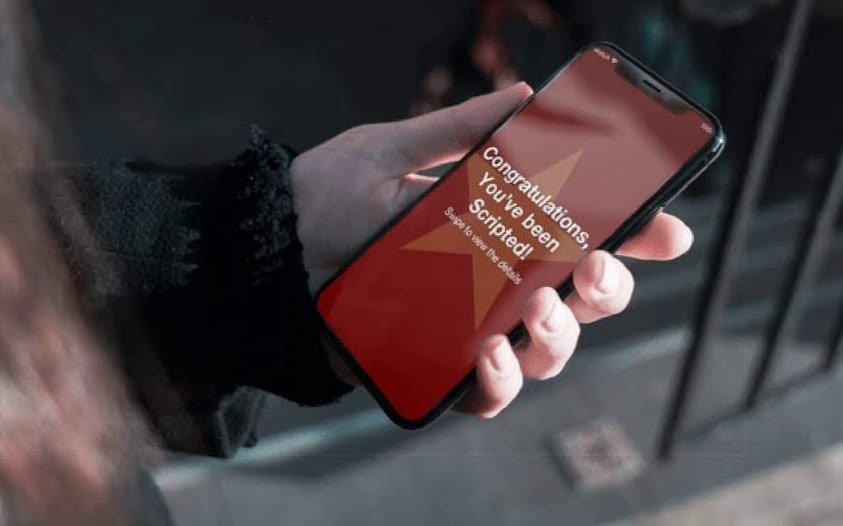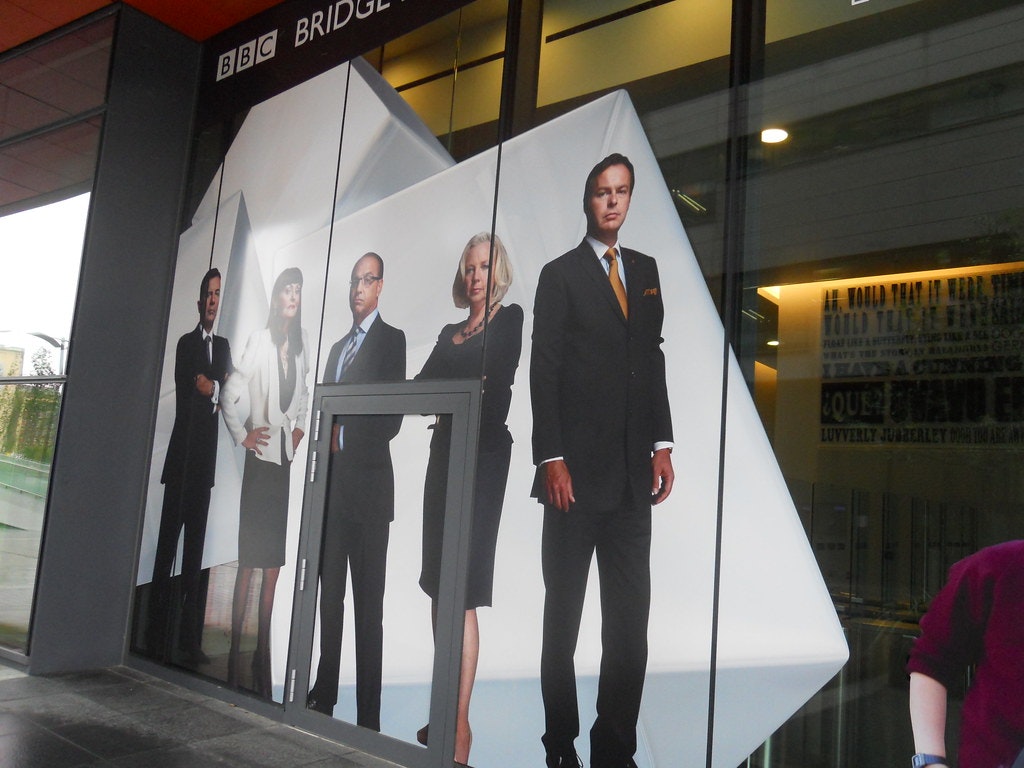Another Valentine’s Day, another new dating app. WillYouClick launches in the UK today — a dating app that cuts out the small talk by removing the chat feature. Instead of engaging in awkward online conversation, couples agree to meet at a series of pre-organised events.
But with hundreds of dating apps available, it’s not an easy industry to break into.
“You have to give people a reason to use these dating apps — you have to really find a niche or there's no point,” says Shahzad Younas, founder and CEO of MuzMatch, a dating app targeted towards Muslims looking for marriage.
Funding slump
While it now costs as little as £2,000 to make a basic Tinder-style dating app (with the classic swiping feature), it’s becoming tricker to capture the attention of potential investors.
Even in their boom years, dating apps have struggled to attract big sums. In Europe, funding peaked in 2015, when a total of €33m flowed toward dating apps. But this has since dropped to about €10m each year, along with a fall in the number of investment rounds.
Younas is one of the lucky ones: MuzMatch raised $7m last summer and is apparently already profitable. But Younas predicts many other dating apps will find it difficult to charm venture capital funds.
“Lots of apps will struggle to get funding,” he said, adding that investors nowadays are looking for more than just a lot of users. “You’d think that if you had lots of users, you could get funding. But [venture capitalists] want to see that you can create revenue,” he says.
WillYouClick cofounder and CEO Adam Robertson, who is hoping to raise in the upcoming months, says it can be tricky to pitch dating apps to investors. “Some VCs have a ‘Oh, it’s just another dating app’ mindset,” he said.
But while he acknowledges that a lot of dating apps “die very quickly”, he thinks his company’s direct revenue model will help it court seed investors. The platform won’t charge users, but will take commission from its event partners, including painting classes and club nights.
By doing so, it hopes to reach profitability quicker than traditional dating apps. (Making serious money is possible; Tinder, for instance, turned over $1.2bn in revenue last year.)
Easy come, easy go
With funding in hand, the next struggle for dating app startups is to maintain momentum.
Newcomer app The Intro says it has orchestrated 500,000 swipes since launching 12 weeks ago, hoping to lure users by abandoning the messaging function, like WillYouClick.
But The Intro's cofounder and CEO George Burgess says this is just the beginning. Talking to Sifted, he said that one of the main problems in the industry is the fact that dating app users tend to give up on them so easily, either because they get bored or they find what they're looking for. This creates a constant need for new users, which requires continuous marketing.
“Unless startups are well funded, it’s very difficult to stick around. You have to keep constantly spending money to keep people interested,” said Burgess, who recently raised £750,000 from VC firm Global Founders Capital . “It’s a ridiculously competitive industry especially when the ‘big boys’ [like Tinder and Bumble] have such a big pot of money,” he added.
Even the best funded dating startups tend to struggle to maintain growth in their download count. To take an example, Once — a dating app that gives its users “hand-picked” matches — managed to attract over 2m downloads in the first half of 2018, but has since seen its download rate drop off.
And it’s not just the startups — the biggest apps like Tinder and Match are also reaching saturation, with growth rates already slowing and expected to slow even further.
Still, Burgess says there could be change in the air for hopeful dating app entrepreneurs. He says Bumble’s recent acquisition by Blackstone has created proof that a dating app can land a big exit.
“This could do something to inspire a bit more interest in VCs,” he said.
He also added that apps can get creative with marketing, like HoneyPot — the “same-day dating” app — which recently crashed onto the scene in London with a controversial publicity stunt.
At least the saturation of apps should make the odds of finding a date today even higher — happy swiping!


